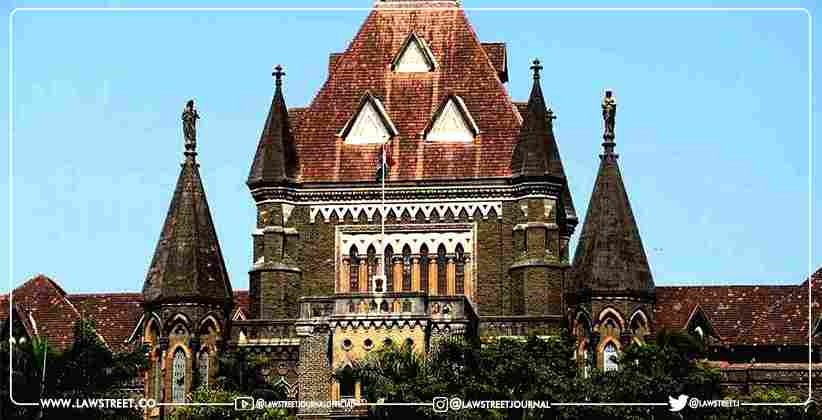In the case of Kavita Nityanand Shetty v. State of Maharashtra, the Bombay High Court held that a person disfigured due to violent assaults by throwing of any corrosive substance will be considered as an 'acid attack victim' under the Rights of Persons with Disabilities Act, 2016 and would therefore be eligible for compensation.
A Bench of Justices Ujjal Bhuyan and Madhav Jamdar said the Act is a benevolent legislation and its benefit is not extended only to persons attacked with 'acid' alone.
The court ruled, "The legislature has not confined disfigurement due to violent assaults by throwing of acid only but it has been broadened to include disfigurement due to violent assaults by throwing of similar corrosive substance so that the beneficial provision can be extended to persons suffering similar attacks and need not be confined to the strict chemical definition of acid.
The Court also noted that in the schedule of the Act in the category of physical disability at clause A(e) is included acid attack victim which has been defined to mean a person disfigured due to violent assaults by throwing of acid or similar corrosive substance.
Therefore, a persons attacked with a corrosive substance would be an acid attack victim would, consequently, be construed to be a person suffering from specified disability, the Court held.
It thus directed the State of Maharashtra to pay a compensation of 10 lakh to the petitioner as 'victim compensation' after she suffered burns and injuries due to pouring of inflaming corrosive substance on her face and body by her husband.
The ruling came in a case where the petitioner, Kavita Shetty, sought directions to the State government and Mumbai District Legal Services Authority (MDLSA) to grant her compensation under the Manodhairya Compensation Scheme of Maharashtra government at par with victims of acid attacks by treating her burn injuries caused due to pouring of corrosive substances.
The petitioner was attacked in her sleep by her husband. She suffered 70-80% superficial to deep burns on her face and body.
The petitioner spent more than 5 lakh for her treatment, however considering the disfigurement caused, further treatment and surgery was required.
In the absence of funds, the petitioner was unable to undergo any further medical treatment.
The Court noted that the petitioner had not received any compensation under the provisions of the Code of Criminal Procedure from the State and neither had the trial court directed for the same while convicting the husband of the crime.
Having noted this, the Court concluded that if they do not direct payment then they would be failing as a writ court in upholding the fundamental right to life with dignity under Article 21 of the Constitution.
"Petitioners right to lead a meaningful life, a life with dignity, within the meaning of Article 21 of the Constitution of India remains a distant dream. In such circumstances, the writ court will be failing in its duty if it does not direct payment of just compensation to the petitioner as well as to direct rehabilitation measures for the petitioner," the order stated.
The Bench also held that under the Rights of Persons with Disabilities Act, an 'acid attack victim' will be considered to be a person suffering from specified disability, a person disfigured due to violent assaults by throwing acid or similar corrosive substance.
"The disability should not be confined to disfigurement by throwing of acid only; such disfigurement could be due to throwing of similar corrosive substance," the order said.
The Court implied that since the Act provides for several measures to be taken for the rehabilitation of persons with disability, which include acid attack victims, the same benefits would also extend to persons who suffered disfigurement due to any corrosive substance.
The Court, therefore, directed the State to make a fixed deposit in the name of the petitioner containing 75% of the total amount while the remaining 25% was directed to be credited in her savings account.
The Secretary of MDLSA was directed to monitor the bank account periodically.
The Secretary was also directed to ensure that free medical treatment is provided to the petitioner for additional or reconstructive surgery and all rehabilitative measures are provided.
It also categorically directed that steps should be taken to ensure the petitioner's husband has no access to the fixed deposit or savings account.








